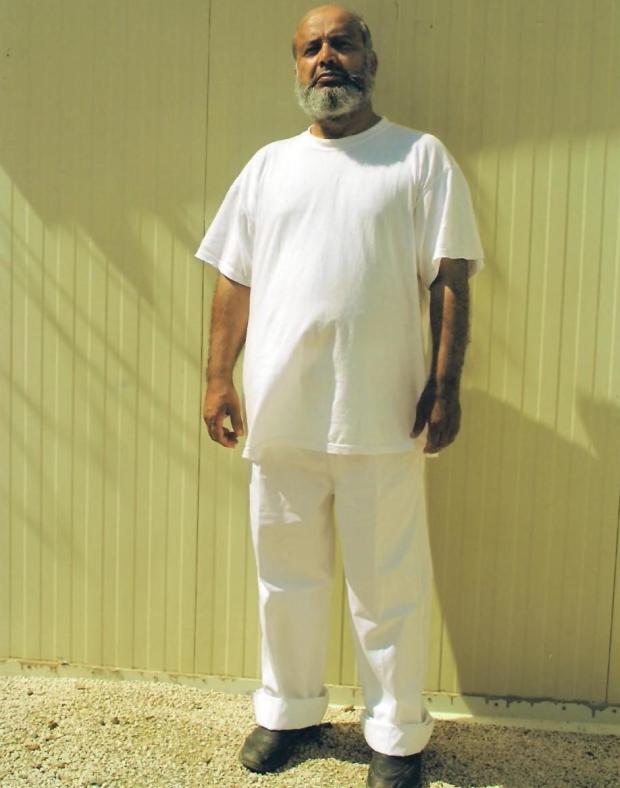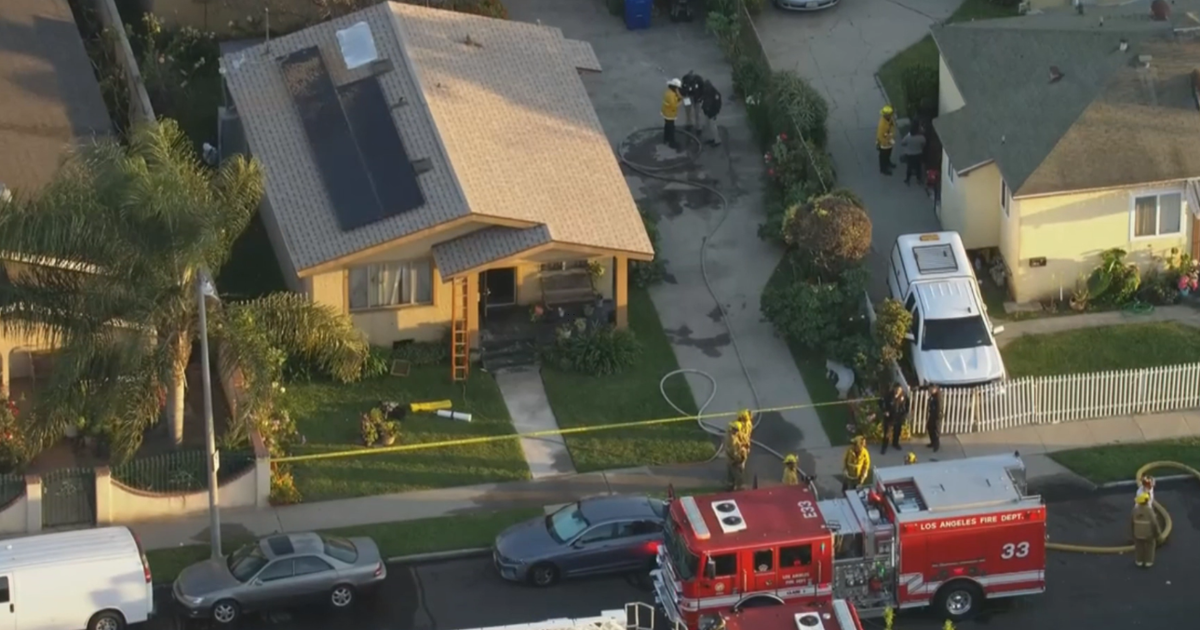Oldest Guantanamo Bay prisoner transferred to Pakistan after 17 years in custody, U.S. says
A 75-year-old from Pakistan who was the oldest prisoner at the Guantanamo Bay detention center was released and returned to Pakistan on Saturday, the foreign ministry in Islamabad and the U.S. Defense Department said.
Saifullah Paracha was reunited with his family after more than 17 years in custody in the U.S. base in Cuba, the ministry added.
Paracha had been held on suspicion of ties to al Qaeda since 2003, but was never charged with a crime. In May 2021, he was notified that he had been been approved for release. He was cleared by the prisoner review board, along with two other men in November 2020.
As is customary, the notification did not provide detailed reasoning for the decision and concluded only that Paracha is "not a continuing threat" to the United States, according to Shelby Sullivan-Bennis, who represented him at his hearing at the time.
The DOD said in its Saturday statement that the U.S. appreciates "the willingness of Pakistan and other partners to support ongoing U.S. efforts focused on responsibly reducing the detainee population and ultimately closing the Guantanamo Bay facility."
In Pakistan, the Ministry of Foreign Affairs, said it had completed an extensive inter-agency process to facilitate Paracha's repatriation.
"We are glad that a Pakistani citizen detained abroad is finally reunited with his family," the ministry said.
Paracha, who lived in the United States and owned property in New York City, was a wealthy businessman in Pakistan. Authorities alleged he was an al Qaeda "facilitator" who helped two of the conspirators in the Sept. 11 plot with a financial transaction.
He has maintained that he didn't know they were al Qaeda and denied any involvement in terrorism.
The U.S. captured Paracha in Thailand in 2003 and held him at Guantanamo since September 2004. Washington has long asserted that it can hold detainees indefinitely without charge under the international laws of war.
In November 2020, Paracha, who suffers from a number of ailments, including diabetes and a heart condition, made his eighth appearance before the review board, which was established under President Barack Obama to try to prevent the release of prisoners who authorities believed might engage in anti-U.S. hostilities upon their release from Guantanamo.
At the time, his attorney, Sullivan-Bennis, said she was more optimistic about his prospects because of President Joe Biden's election, Paracha's ill health and developments in a legal case involving his son, Uzair Paracha.
The son was convicted in 2005 in federal court in New York of providing support to terrorism, based in part on testimony from the same witnesses held at Guantanamo whom the U.S. relied on to justify holding the father.
In March 2020, after a judge threw out those witness accounts and the U.S. government decided not to seek a new trial, the younger Paracha was released and sent back to Pakistan.
In its statement on the elder Paracha's repatriation, the DOD said 35 detainees remain at Guantanamo Bay as of Saturday, and that 20 of them are eligible for transfer.
Five prisoners there who have been charged for their roles in the 9/11 attacks are negotiating potential plea deals that could take the death penalty off the table and keep the detention camp at the military base in Cuba open for the foreseeable future, CBS News reported last month. The possible plea deals angered some victims' families, who said they want justice over closure.
The number of prisoners at Guantanamo has, however, diminished in recent months, as several have been transferred elsewhere. In March, Mohammad Mani Ahmad al-Qahtani, who had been linked to 9/11, was sent to Saudi Arabia, and the following month, Sufyian Barhoumi, who was accused of being an extremist, was repatriated to Algeria after spending nearly 20 years in the detention center. In July, a review board determined that Khalid Ahmed Qasim, known as one of Guantanamo's "forever prisoners," should be released to an undetermined country.




